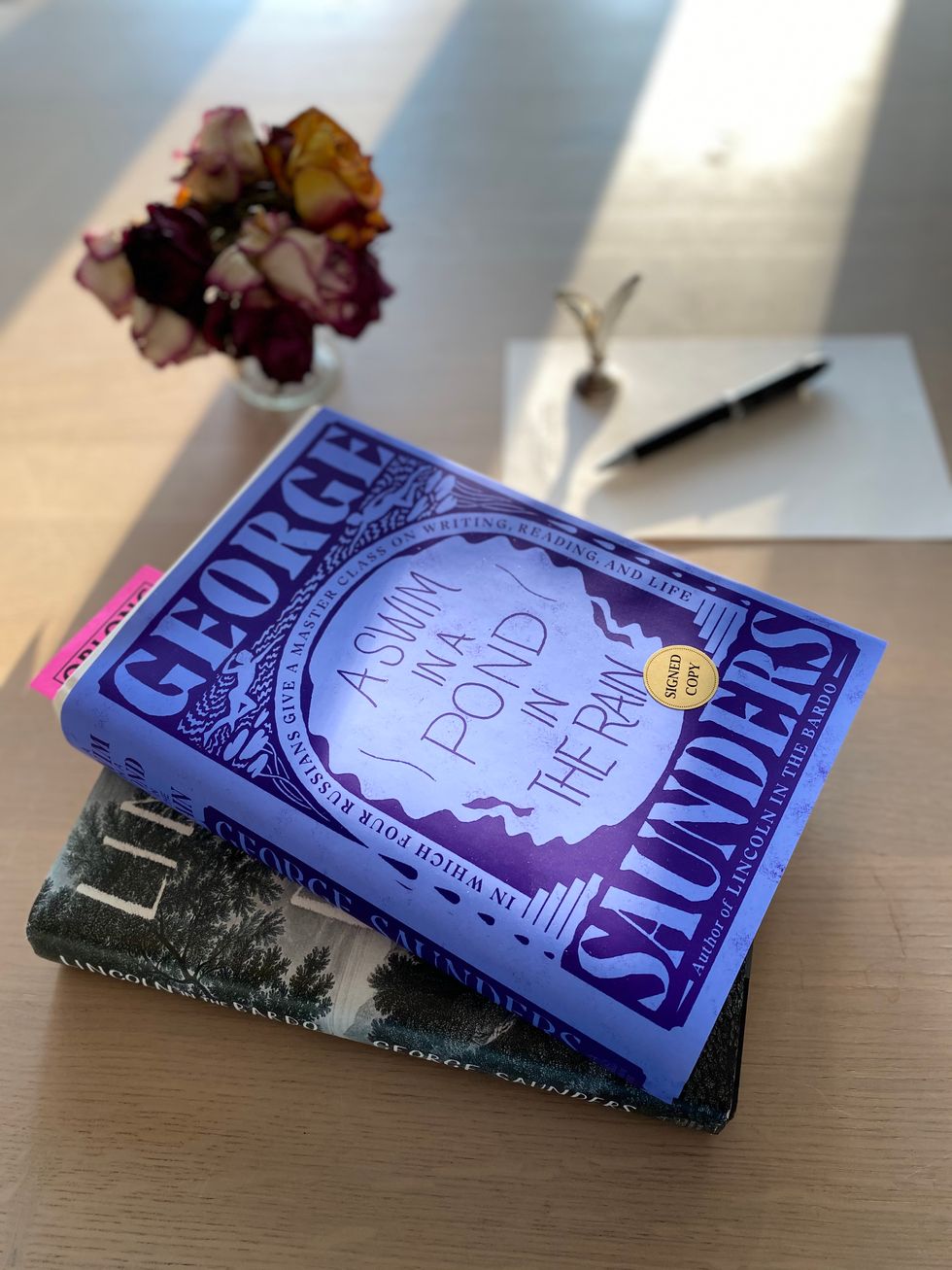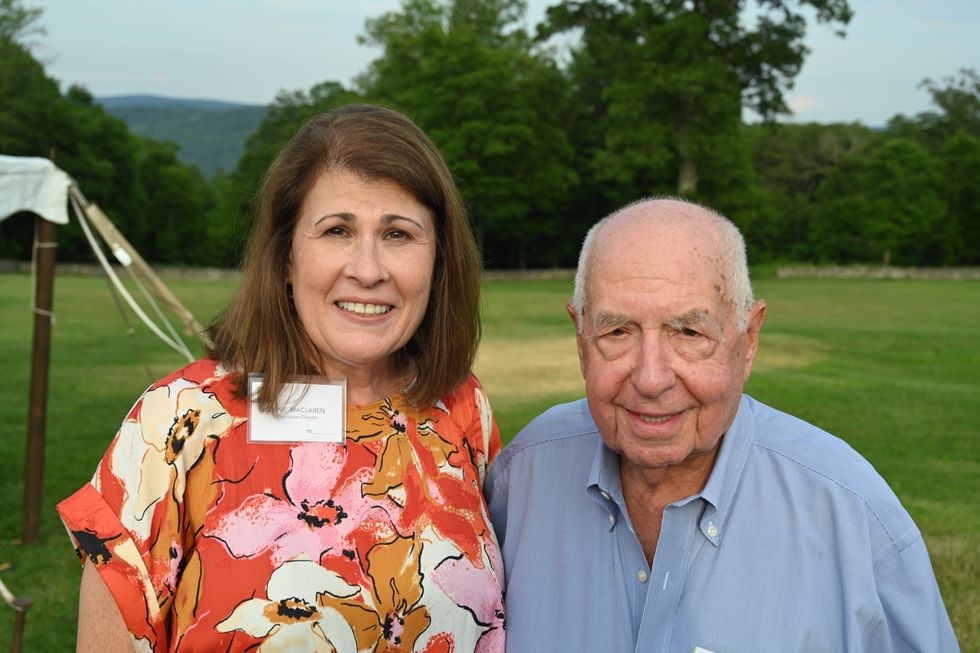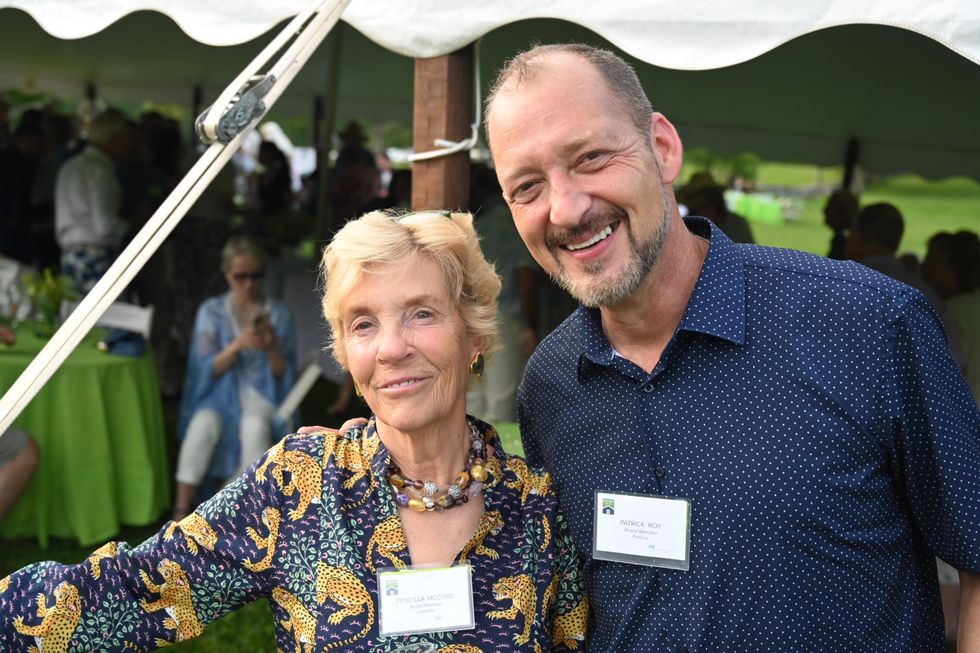Lessons from a Master — About Fiction, Writers and Life

In his newest book, George Saunders turns to nonfiction and makes the study of Russian literature and the short story form accessible and entertaining.
Photo by Cynthia Hochswender



 Jane MacLaren, Executive Director of Chore Service, and Mort Klaus, host of the Garden Party eventBob Ellwood
Jane MacLaren, Executive Director of Chore Service, and Mort Klaus, host of the Garden Party eventBob Ellwood Priscilla McCord, outgoing Board Chair of Chore Service and Patrick Roy, incoming Chair.Bob Ellwood
Priscilla McCord, outgoing Board Chair of Chore Service and Patrick Roy, incoming Chair.Bob Ellwood



